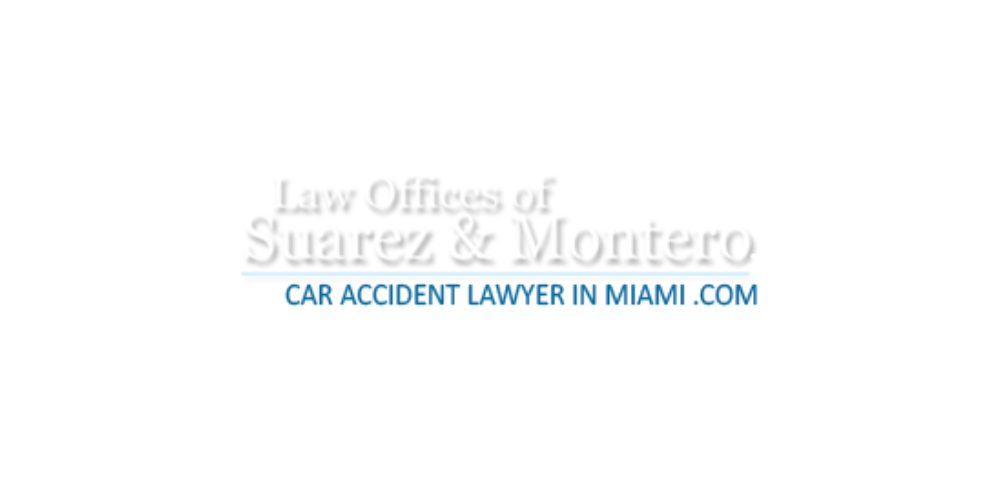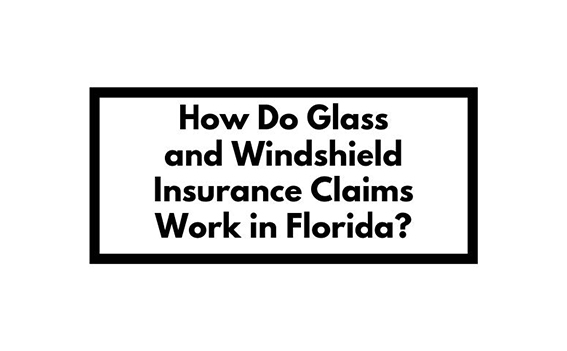
Florida House Debates Over Ending No-Fault Insurance System in Florida
Florida’s no-fault auto insurance system is yet again on the chopping block in the Florida Legislature, despite concerns that the proposed change wouldn’t lower premiums as backers contend and could increase lawsuits and health-insurance rates. Under the no-fault system, drivers are required to carry personal-injury protection, or PIP, coverage to help pay medical bills after accidents.
Motorists are required to carry $10,000 in PIP coverage, an amount unchanged since 1979. The House Insurance & Banking Subcommittee on Tuesday backed House Bill 771 that would replace a requirement that motorists carry personal-injury protection coverage with mandatory bodily injury coverage.
The House proposal also would require auto insurers to offer medical-payments coverage, known as “MedPay,” to consumers, taking a position the Senate has backed in the past. Such coverage could help pay medical bills if motorists are involved in accidents.
To assess the no fault auto insurance system in Florida, the first step is to understand that auto insurance may be subdivided into four categories: liability, uninsured-motorist coverage, vehicle coverage, and medical- payments coverage. Auto coverage is influenced by state law, together with regulations and bulletins of the Florida Department of Insurance. Of these four categories, only liability coverage is mandatory, although it is also mandatory that auto insurance companies offer collision, medical-payments, and uninsured-motorist coverage. For medical payments and UM/UIM, the insurer must obtain an express rejection in order not to provide these two coverages.
The Motor Vehicle Financial Responsibility Act in Florida sets out required levels of liability coverage. A driver who fails to comply with these minimum coverage requirements faces conviction of a misdemeanor, requiring payment of a fine and possible performance of community service, as well as suspension of the individual’s driver’s license. The limits of liability are not increased when more than one person or organization is an insured under the policy.
For example, when a teenage driver and his parents are both liable for injuries caused by an auto accident and both are insureds under the same policy, the policy limit does not increase. The policy limit is per claim, not per insured. If your injuries were sustained in a motor vehicle accident in Florida (which is a no-fault state), your medical bills are covered under your PIP insurance coverage regardless of fault.
However, keep in mind that PIP does not afford coverage for pain and suffering. Pure comparative fault comes into play when your bodily injury damages exceed the limits for your PIP coverage or are severe enough to allow you to bypass the no-fault rules in your state.
Call Our Injury Lawyers Today for a Free Consultation!
The Florida auto accident attorneys at Suarez & Montero encourage you to reach out so that we can explain more about the different ways that our law firm and attorneys can provide legal help and guidance after an auto accident. Make an appointment with us at one of our many locations. Remember, we work on a contingency basis so you will owe us nothing If we are unable to obtain successful results for your case.
The attorneys at Suarez & Montero can meet with you to discuss further. always available to talk with you and answer your questions. Our skillful attorneys are genuinely committed to our clients. We will fight to make sure that you get the maximum amount of compensation owed to you. Let us help you get the medical care you need and fight to make sure you are compensated for your injuries! Our attorneys are ready to provide proven legal representation in pursuing your claim and stand ready to protect your rights.
We are available 24/7 to give you a free, no risk case consultation.





